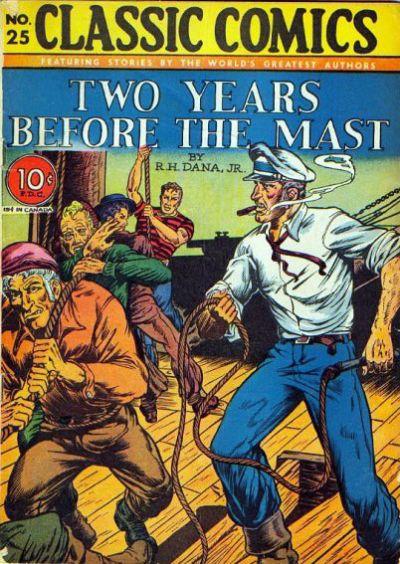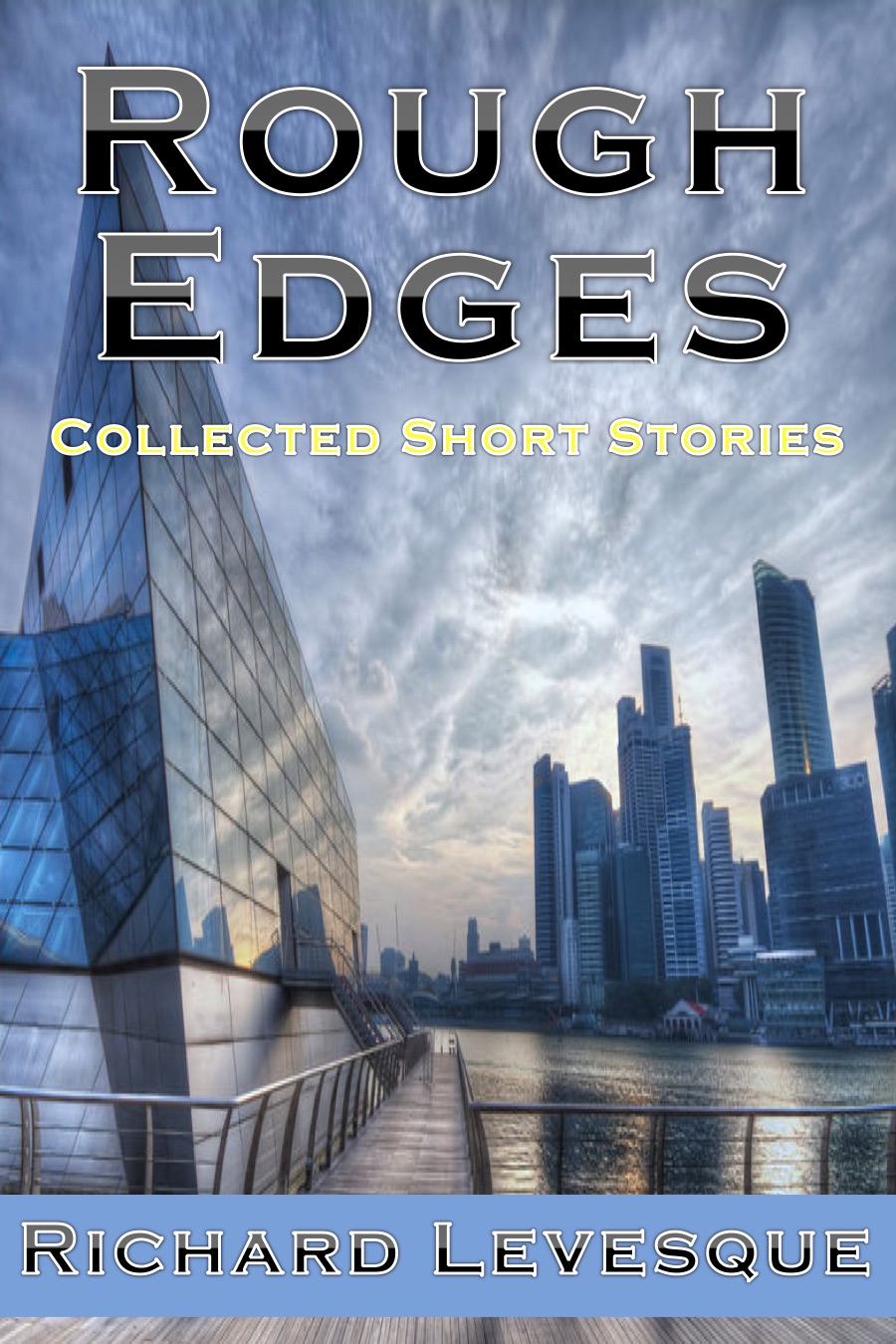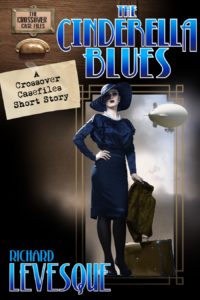Two Years Before the Mast
 So there I was, sitting in the lobby at the Upland Martial Arts Center, watching my daughter (a green belt at the time), go through her forms when the karate-dad sitting next to me mentioned that he’d just put a novel up on Lulu. He’d had a couple of mysteries he’d written years before that were just gathering dust, and so he’d made a cover from an old family photo and put them online. He was a published author.
So there I was, sitting in the lobby at the Upland Martial Arts Center, watching my daughter (a green belt at the time), go through her forms when the karate-dad sitting next to me mentioned that he’d just put a novel up on Lulu. He’d had a couple of mysteries he’d written years before that were just gathering dust, and so he’d made a cover from an old family photo and put them online. He was a published author.
Hmmm, I thought.
A little more than a month before, I’d parted ways with the literary agent who’d been trying to sell my books for the last two years. It had been a tough month. Years of feeling like an outsider in the literary establishment had been followed by a feeling of legitimacy when I’d finally signed with my agent. Walking into Barnes and Noble and seeing all the books by people who’d “made it” was no longer so depressing; I could tell myself my books at least had a chance–they were being read (and rejected) by editors at Big and little publishers, and even though my quirky mash-ups of science fiction and hard-boiled mystery hadn’t found their niche yet, I had at least gotten a foot in the door with my agent in my corner, someone in the industry who believed in me.
Now those feelings of legitimacy were slipping away. My agent had decided she could no longer give my books the push they needed, and though she had given me nice introductions to a handful of other agents, they’d all passed on taking me on. I felt adrift again. I’d learned an awful lot from working with my (former) agent and felt I was a much better writer than I’d been when we’d started, but it was hard not to feel like the door had slammed, regardless of whether my foot was still in the way or not. Random House Tower was going to stay closed to me.
I knew about self-publishing, of course, had run up against the ads for author services companies, knew about e-books, had even checked out Lulu’s site. But I still thought of self-publishing as not that different from the old “vanity” publishing model. I’d been telling myself I’d give myself another five years to make it in traditional publishing before “giving up” and going with an author services company.
Now, as I sat watching a bunch of sweaty little kids run through their katas and weapons forms, I started wondering if maybe my fellow karate-dad was on to something. I had three novels in the can, two of which had made the rounds of the big publishers; while they’d been rejected, there had also been a lot of positive things said about my books in those rejections. Some had called my books page turners, and one had praised my “nimble prose.” I’d taken their “It’s just not right for us” to mean “It’s good, but we don’t think we can make Twilight or Harry Potter money off of these things, so we’re passing.”
All I really needed to do was learn everything about self-publishing.
A few months later, I had formatted Take Back Tomorrow for paperback and e-book distribution. It wasn’t easy to figure out, but I did it. I also came up with a cover using a public domain image and some silhouettes and a Createspace template.
Hitting the “publish” button was all that remained.
That was two years ago now. I’ve followed that first book with two others and two novellas, built a web site, started building a following, and I’m very glad I didn’t wait those five years to get started.
It’s been both a fun ride and a frustrating one. I’ve had to learn a lot more besides how to publish a book, and sometimes that meant learning by making mistakes, but it’s been good for me. There are times where I still wish I had a traditional deal, but I don’t think things would be all that different for me if that had been the path I took. If it had, I’d likely still be doing all my own marketing, wouldn’t have any creative control over my covers or maybe even my titles. Yes, Take Back Tomorrow and The Girl at the End of the World
and the others would have been on bookstore shelves, but probably not many, and without a lot of advertising or word of mouth, those books would have been returned or remaindered or pulped. As it is now, my books are not going to disappear until I decide they should, and I can’t imagine why I’d do that.
So what have I learned from all of this? A few things, but mainly that the fantasy version of authorship I’d been chasing isn’t the only way to make it work, and that it doesn’t even work in fantastic ways for all the people who have “made it.” The people who strike like lightning are rare, and their books don’t always last past the flash they make in the pan. For most writers, indie and traditional, it takes years and a lot of books to build a following. I’m only two years into this. Two more…ten more, who knows where indie publishing will be at that point, or where it will have taken me? I’m in it for the long haul, though. And I’m glad a few of you have opted to come along.
Thanks for reading.
hard-boiled mystery indie publishing Indie Writer Science Fiction Take Back Tomorrow The Girl at the End







